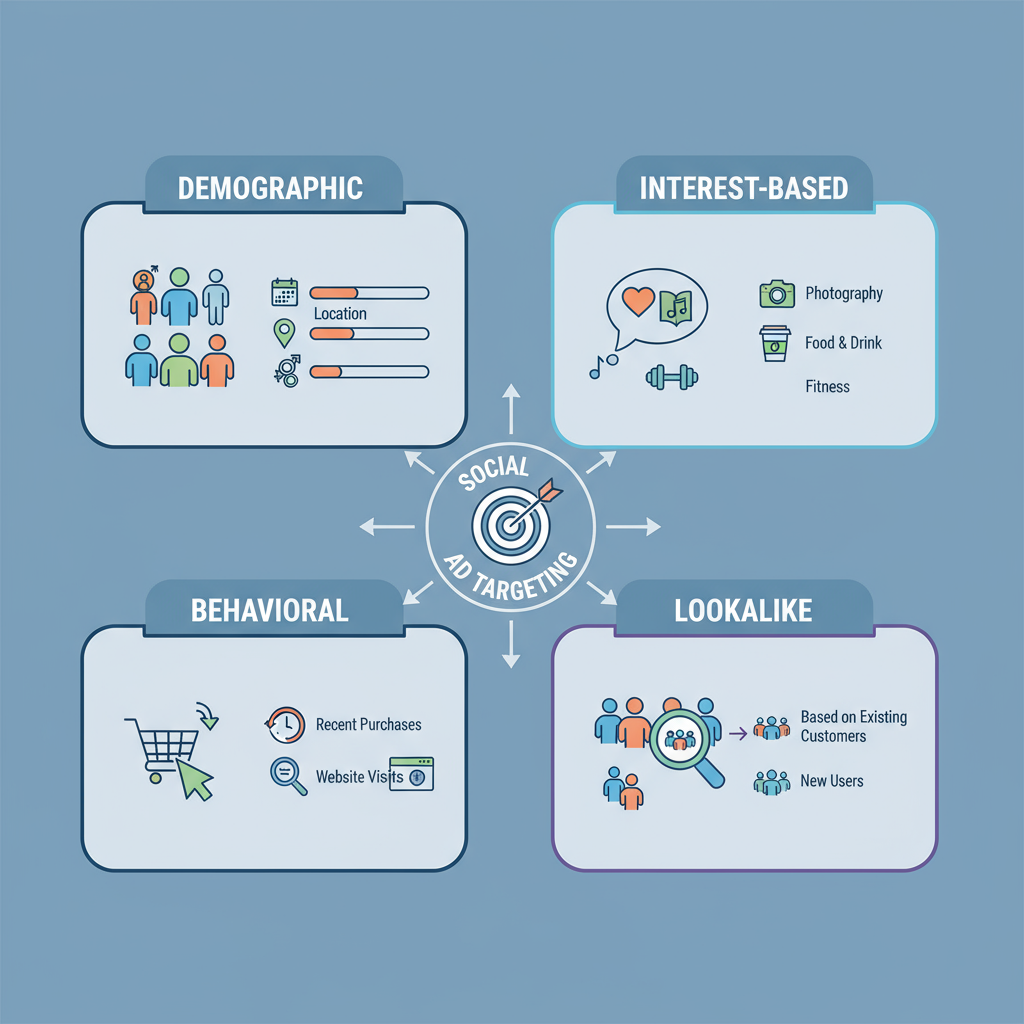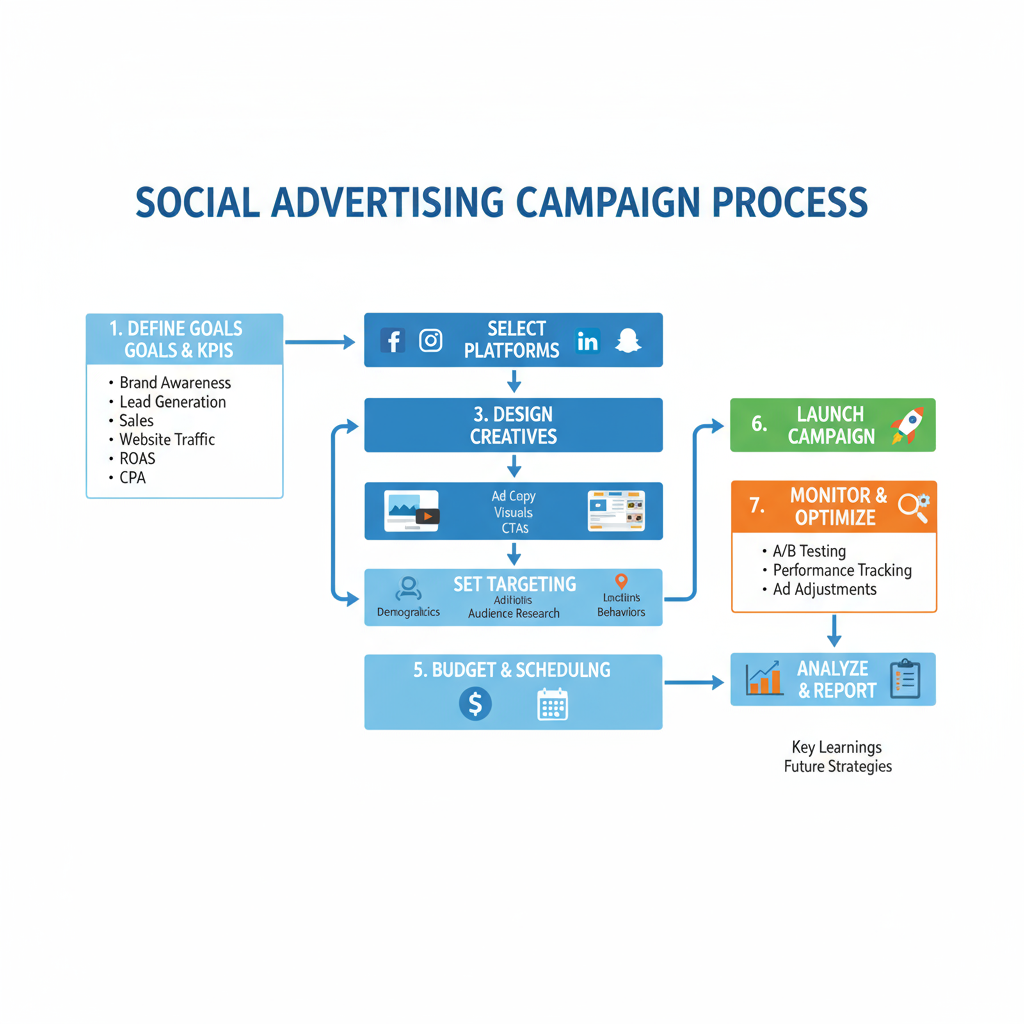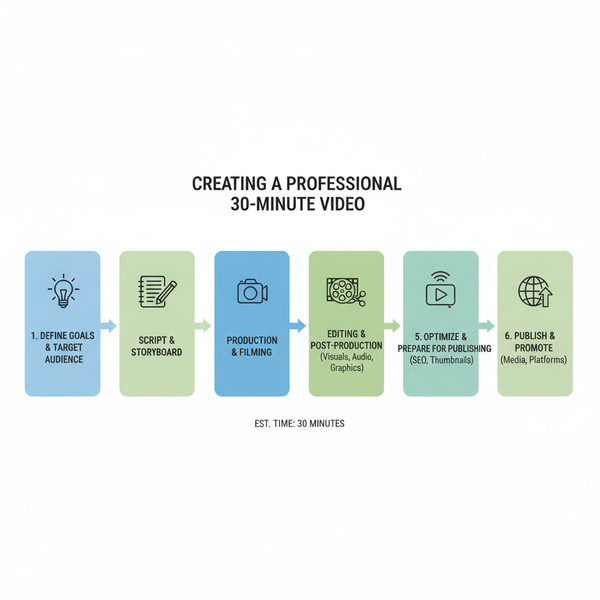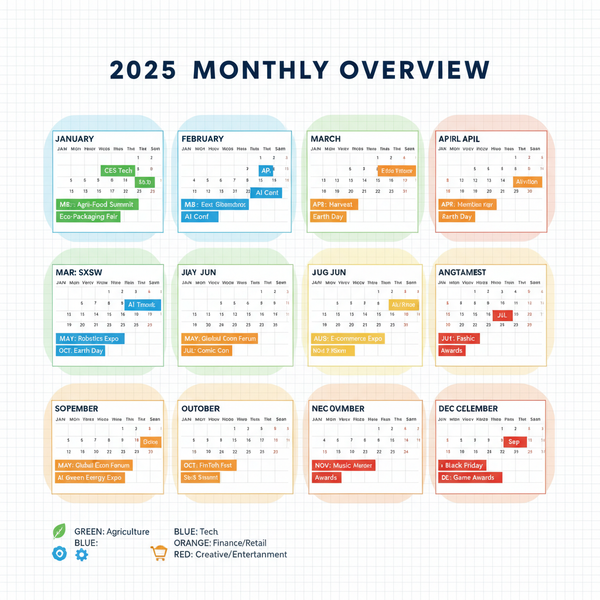How to Create Effective Social Advertising Campaigns
Learn a step-by-step method to plan, execute, and optimize social media ad campaigns with clear goals, precise targeting, and engaging creatives.

Introduction to Effective Social Advertising Campaigns
Social advertising campaigns are now among the most powerful tools in a marketer’s arsenal. From boosting brand awareness to driving conversions and fostering deep audience engagement, a structured approach is vital for success. In this guide, you’ll learn a proven, step-by-step methodology for planning, executing, and optimizing campaigns that consistently deliver measurable results.

---
Defining Campaign Goals and KPIs
Before creating a single ad, define exactly what you aim to achieve. Your goals and Key Performance Indicators (KPIs) form the foundation of every decision in your campaign.
Common campaign goals include:
- Brand Awareness – reaching untapped audiences and improving brand recall
- Conversions – encouraging sign-ups, purchases, or app downloads
- Engagement – increasing likes, shares, comments, or clicks
KPIs to Track
Depending on your goal, relevant KPIs may include:
- Reach and impressions
- Click-through rate (CTR)
- Conversion rate
- Cost per conversion (CPA)
- Engagement rate
Establishing these metrics upfront ensures you can measure progress accurately and optimize efficiently.
---
Researching and Understanding Your Target Audience
Every high-performing campaign starts by knowing exactly who you are speaking to. Detailed audience research will guide your targeting and creative choices.
Leverage sources such as:
- Native platform analytics (e.g., Facebook Audience Insights)
- Website analytics (e.g., Google Analytics Demographics)
- Customer surveys and feedback
- Competitor audience analysis

Pro Tip: Build well-defined audience personas that include age, gender, location, occupation, values, online habits, and preferred content formats. These personas will act as your compass throughout the campaign.
---
Choosing the Right Social Platforms
Not every platform is suited to your objective. Selecting the right channels ensures your social advertising campaigns reach their full potential.
| Platform | Best For | Main Strengths |
|---|---|---|
| Awareness & Conversions | Extensive targeting, vast audience, varied ad formats | |
| Engagement & Visual Branding | Highly visual content, younger audience demographics | |
| B2B Lead Generation | Professional targeting, job title and industry filters | |
| TikTok | Viral Reach & Gen Z Engagement | Short-form video, trend-driven engagement |
| Twitter/X | Real-time Updates & Awareness | Trending topics, fast-paced conversation |
Focus on one to three platforms that align closely with your audience and KPIs instead of spreading your budget too thin.
---
Crafting Compelling Ad Creatives
Even perfectly targeted campaigns will underperform without resonant creative elements. Make sure your assets are tailored to both your audience and your goals.
Core attributes of high-performing creatives:
- Eye-catching visuals – Use sharp images, on-brand colors, and attractive video thumbnails.
- Concise, persuasive copy – Address your audience’s needs directly.
- Strong CTA – Phrasing like “Shop Now”, “Sign Up Free”, or “Download Today” drives action.
A consistent brand identity across visuals and copy encourages recognition and trust.
---
Setting Precise Targeting Parameters
Social platforms provide granular targeting capabilities that can make or break a campaign.
Main Targeting Types
- Demographic targeting: Age, gender, education, income
- Interest-based targeting: Hobbies, purchase intent, affinities
- Custom audiences: List-based from customer emails, app activity
- Lookalike audiences: People similar to your top customers
- Retargeting: Past visitors or cart abandoners

The more precise your targeting, the greater your ROI potential.
---
Determining Budget and Bidding Strategy
Allocate your ad spend wisely to balance reach, impressions, and conversion potential.
Common bidding strategies include:
- Cost Per Click (CPC) – Pay for each click
- Cost Per Mille (CPM) – Pay per 1,000 impressions
- Cost Per Acquisition (CPA) – Optimize specifically for conversions
Start with small, controlled budgets for testing, then scale winning setups.
---
Running A/B Tests for Continuous Improvement
A/B or split testing is an indispensable tool for refining your social advertising campaigns.
Variables worth testing:
- Headlines or ad copy styles
- Static images vs. video content
- Different call-to-action phrases
- Ad placements (e.g., feed vs. stories)
- Audience segment variations
Example process:
- Duplicate an ad set
- Change only one variable
- Run concurrently to similar audiences
- Analyze KPIs and declare a winner
---
Monitoring Campaign Metrics Daily
Frequent tracking allows quick pivots before significant budget is wasted. Use platform dashboards to monitor:
- CTR – Low rates suggest creative or target adjustments
- CPA – High cost may require bid strategy changes
- Budget pacing – Ensure spend is aligned with campaign duration and goals
Enable alerts for metric deviations to proactively fix underperforming elements.
---
Leveraging Analytics for ROI Optimization
Post-campaign analytics are vital for identifying what truly worked.
Actions to take:
- Isolate top-performing audience segments
- Redistribute budget toward high-converting ads
- Pause or reimagine low performers
Accurate analysis allows you to forecast future performance with greater confidence.
---
Documenting Learnings for Future Scalability
Keep a detailed log for each campaign to quicken future setup and reduce testing costs.
Details to record:
- Objectives, KPIs, and results
- Best-performing demographics and segments
- Winning creatives and messaging strategies
- Budget and bidding outcomes
- Optimization steps taken
This historical data becomes a blueprint for successive campaigns.
---
Final Thoughts
Creating effective social advertising campaigns requires the perfect balance between creative impact and analytical rigor. By defining clear goals, deeply understanding your audience, choosing the right platforms, testing diligently, and refining based on real data, you can build campaigns that don’t just hit short-term targets but also strengthen long-term brand loyalty.
Ready to elevate your advertising? Start implementing this framework today to maximize ROI and turn every campaign into a growth driver for your business.




